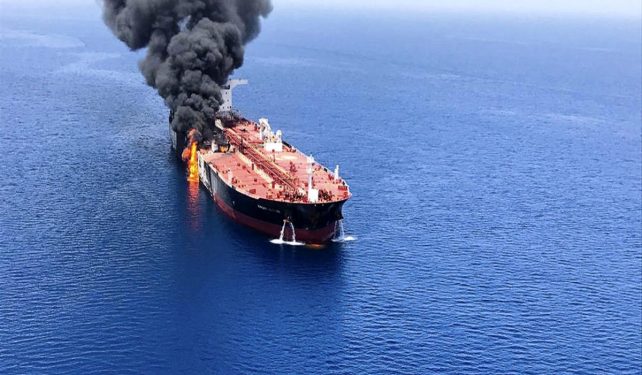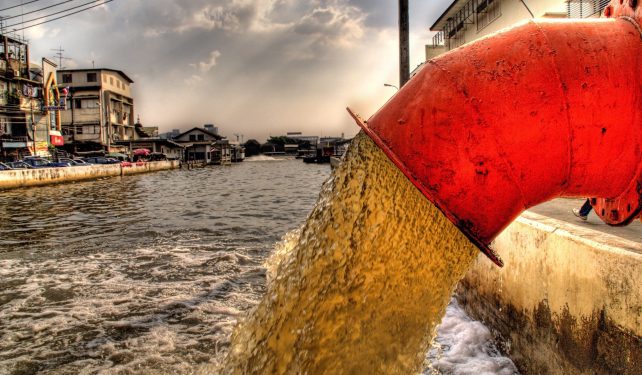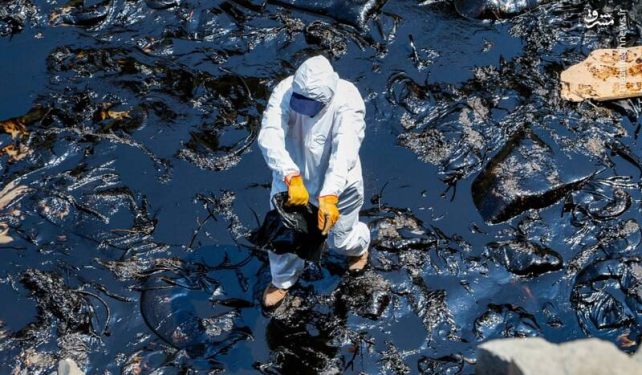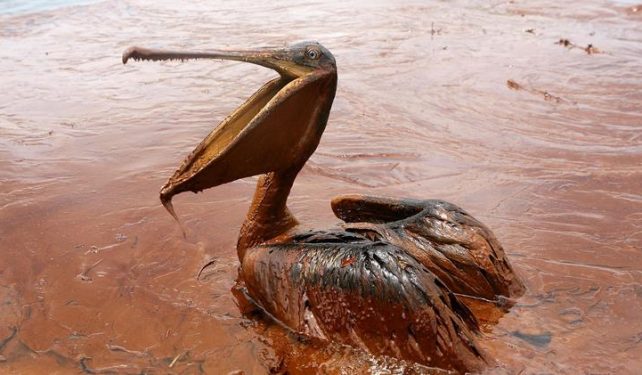Maritime Environment: Challenges & Solutions
- The Importance of Marine Ecosystems
- Provide climate regulation, biodiversity conservation, and food security.
- Face severe threats due to pollution and human activities.
- Global Marine Pollution Crisis
- 300 million tons of plastic waste are produced annually, with 8 million tons entering oceans.
- Marine debris causes $11.2 billion in annual damage to:
✔ Fisheries & aquaculture
✔ Marine transportation
✔ Shipbuilding
✔ Marine tourism
- Five massive garbage patches have formed across the world’s oceans.
Fate of Ocean Plastics
- 80% originates from land-based sources.
- 70% sinks to the seafloor, making it invisible but highly destructive.
- Increased single-use plastics and a $180 billion investment in plastic production demand urgent action.
- Iran’s Efforts in Marine Waste Management
- $40 million allocated to:
✔ Waste prevention programs
✔ Recycling & reuse initiatives
✔ Safe disposal, with a focus on coastal provinces
- Oil Pollution & Industrial Impact
- Major sources of oil pollution:
✔ Offshore oil spills
✔ Leaks from passing oil tankers
- Iran’s oil spill response strategy includes:
✔ Remote sensing technology for early detection
✔ Specialized response centers in key ports
- Marine Ecosystems & Food Security
- Fisheries & aquaculture supply nearly 50% of animal protein in some regions.
- Sustainable practices support:
✔ Food security & nutrition
✔ Economic growth
✔ Environmental conservation
- The Need for Investment in Marine Research
- Comprehensive data collection is essential for:
✔ Effective environmental policies
✔ Conservation strategies
✔ Sustainable resource management




